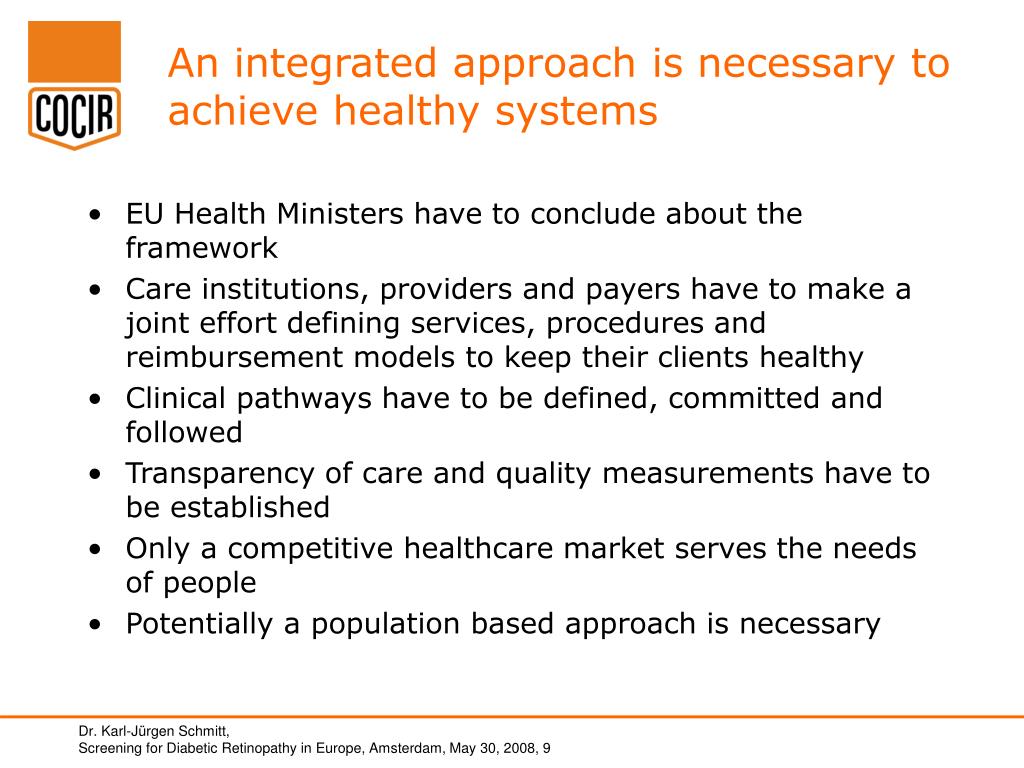

The expert explained that the CWIS means focusing on service provision and its enabling environment, rather than on building infrastructure, adding that it is targeting 10 million people in 52 cities in 14 countries in sub-Saharan Africa for access to sustainable and adequate sanitation. Mbeguere said the business as usual in urban sanitation where conventional sewerage and wastewater treatment are considered the only solution will not get Africa to universal safely managed sanitation. He said Nigeria leads in Africa among countries with a high burden of open defecation, adding that the government in these countries should create an enabling environment to ensure that water and sanitation services are properly provided for.įurther, he said in line with the AfWA mission, the association has been implementing since its creation a range of programmes and projects aimed at improving sanitation services.

Mbeguere regretted that most cities in Africa face a serious challenge of poor sanitation, stressing the need for African countries to prioritise sanitation.’Īccording to him, Mbeguere Nigeria in 2017 recorded over 37 million open defecations followed by Ethiopia with over 23 million while Mali has the least number of ODF with over a million. Most of the cities will be located in developing regions like Africa, hence the need for urgent policies to prevent potential environmental harm related to poor management of faecal sludge from households. Mbaye Mbéguéré expressed fears that the urban population was increasing at an alarming rate and predicted that by 2030, the world will have more than 43 major cities with over 10 million inhabitants. Giving an “Overview of the AfWA Capacity Building Programme – SAO-CityWide Inclusive Sanitation, CWIS”, a project funded by the Bill and Melinda Gates Foundation/USAID designed to improve AfWA’s ability to more effectively fulfil its objectives in Africa, Senior Sanitation Coordinator at AfWA, Dr. The stakeholders who spoke during a media training organised by African Water Association, AfWA, in Abidjan, Cote d’Ivoire, said the sanitation challenge should not be seen as business as usual rather workable approaches should be deployed to tackle the menace. Speaking during media training for 20 journalists from different African countries, the experts also added that political will was needed to scale up efforts towards eradicating open defecation practices through the provision of WASH facilities across the countries. … Urges African govts to prioritise water, sanitation issuesĪfrican governments have been admonished to prioritise efforts in tackling the perennial problems of open defecation and poor sanitation by creating enabling environment across the continent.Įxperts in the Water, Sanitation and Hygiene, WASH, who called for a paradigm shift in sewerage management in Abidjan, Cote d’Ivoire, also expressed the need for behavioural change among Africans who still defecate in the open.


 0 kommentar(er)
0 kommentar(er)
